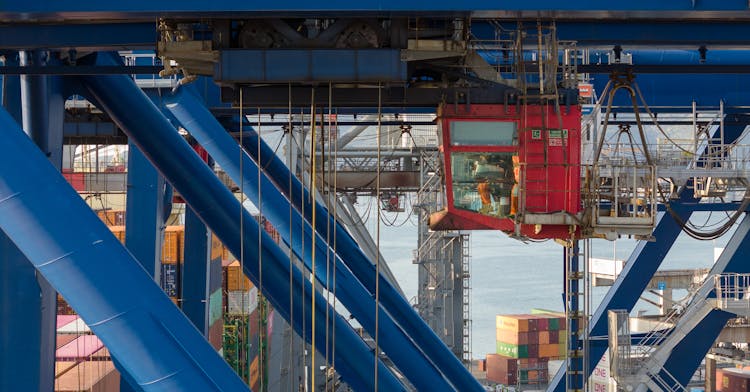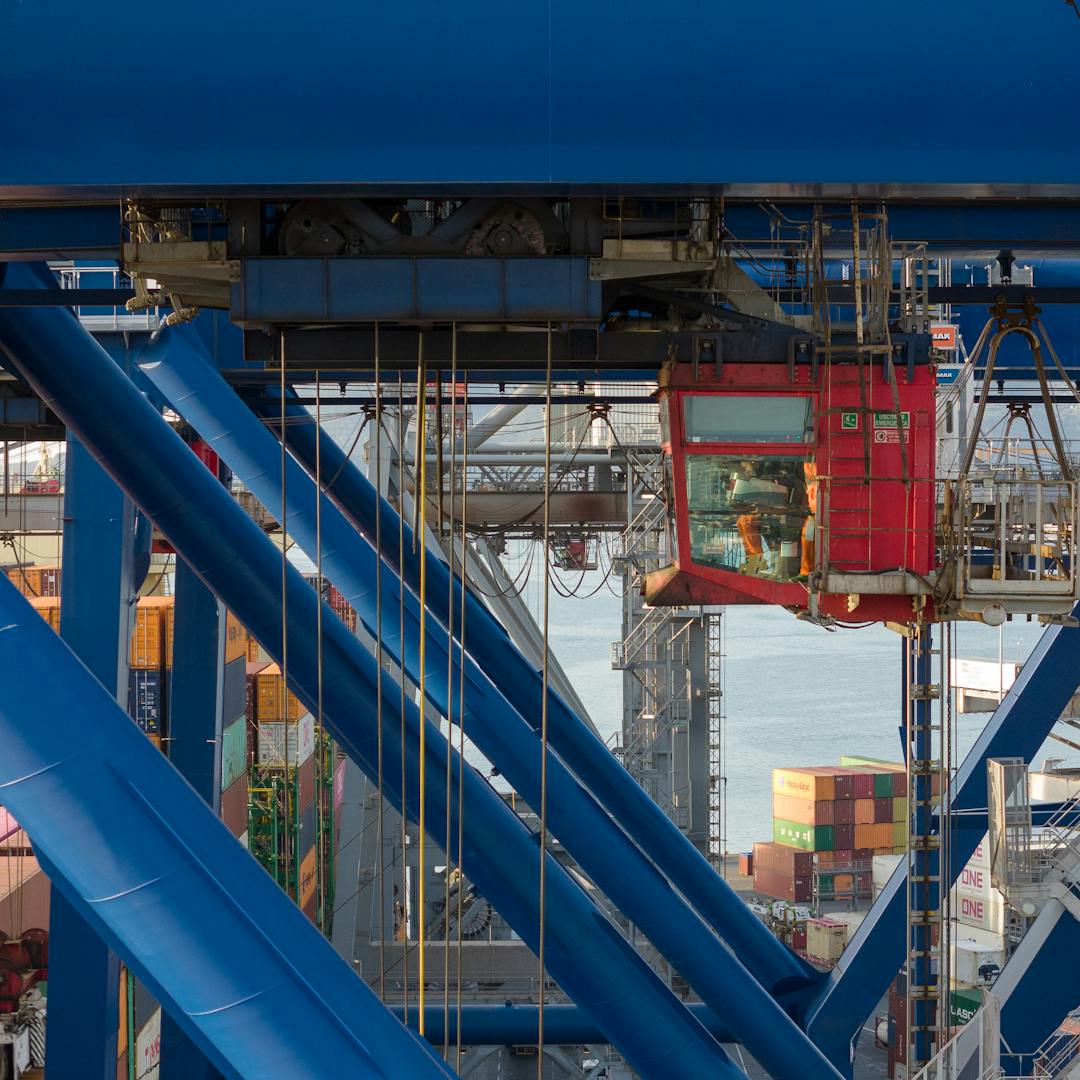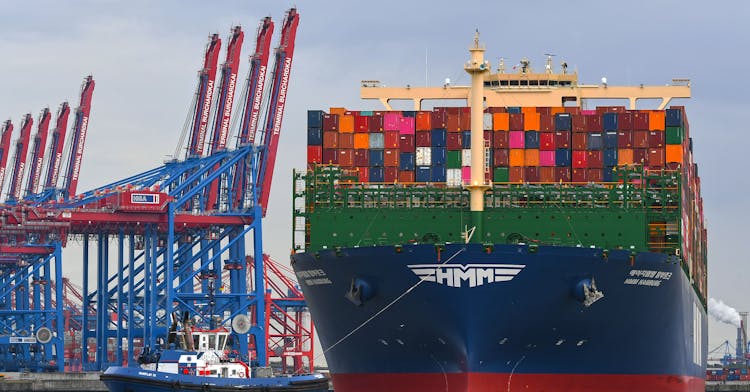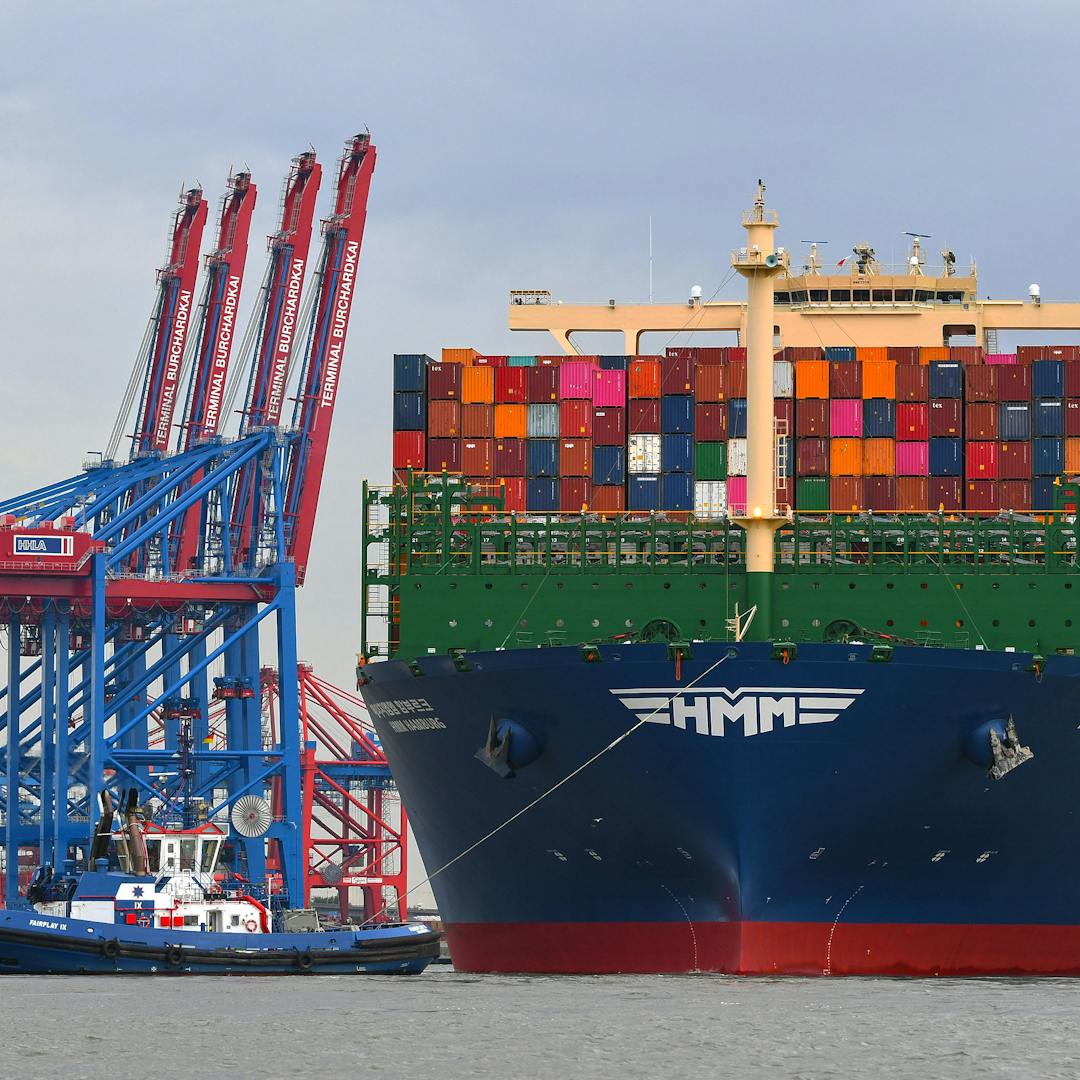July 05, 2022
DCSA has published Just-in-Time (JIT) Port Call Data Definitions version 1.2 Beta. The release includes interface standards and messaging API specifications for 110 trade-agnostic event timestamps, enabling the full cycle of planning for all nautical services including pilotage, towage, mooring and other vessel services.DCSA JIT interface standards allow carriers, ports, terminals and other service providers involved in a port call to exchange event data in a uniform way, enabling automated data exchange. Widespread adoption of DCSA JIT port call standards will benefit stakeholders in the following areas:- Improved port call planning through advance notification of arrival/departure and berth availability will enable vessels to adjust speed ahead of arrival, reducing fuel consumption and therefore emissions.
- Transparency of berth (and yard) planning in terminals (between appropriate stakeholders) will allow service providers to better plan gangs and assets to improve overall utilisation and reduce idle time.
- Consistent timestamp measurements will enable best practice comparisons for the benefit of all stakeholders including end customers who should see marked improvement in cargo delivery and release processes.
- DCSA Just-in-Time Port Call Data Definitions 1.2 Beta
- DCSA Interface Standard for Just-in-Time Port Call 1.2 Beta
- DCSA Industry Blueprint 2022.2
- DCSA Information Model 2022.2
- Associated Reading Guides, where applicable
Interested in shaping the future of digital shipping?
Discover how your organization can play a leading role in driving global standards through the DCSA+ shipping programme. This collaborative initiative invites industry stakeholders to join forces with the Digital Container Shipping Association (DCSA) in developing open, interoperable standards that power end-to-end digitalisation.
Digitalise the container shipping industry
At DCSA, we envisage a digitally interconnected container shipping industry in which customers have a choice of seamless, easy-to-use services that provide the flexibility to meet their business and sustainability goals.











